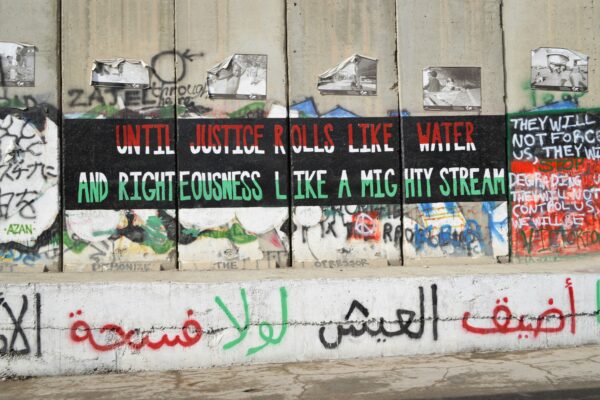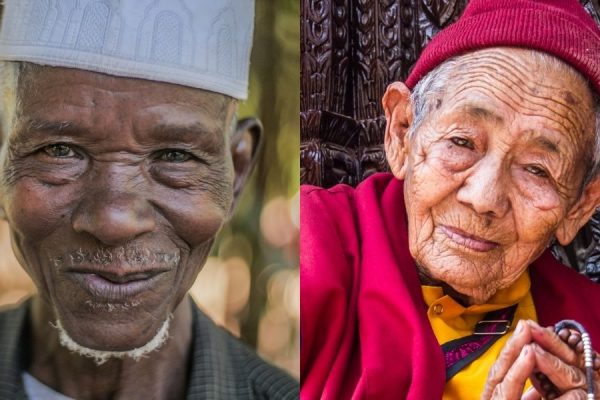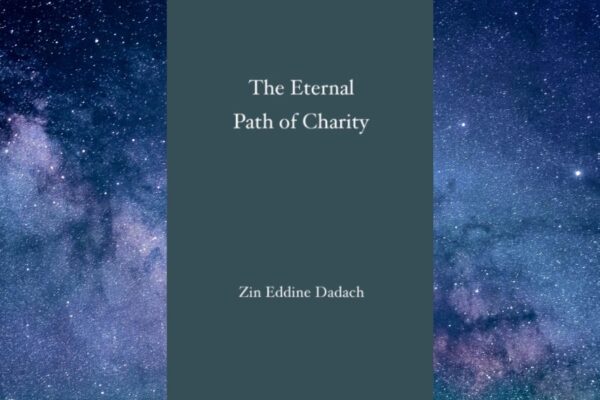“For me, I was never concerned with fiction or non-fiction, the main importance was storytelling in general. Whether educating, recounting, or entertaining – the jewel is storytelling. The best storytellers are those that jump across areas, bringing everything together.”
“For me, I was never concerned with fiction or non-fiction, the main importance was storytelling in general. Whether educating, recounting, or entertaining – the jewel is storytelling. The best storytellers are those that jump across areas, bringing everything together.”
The second volume to The Broken Kingdom is now out – in an even more adventurous tale of murder, sultans, and secret societies all draped beautifully within a completely Muslim setting.
The Broken Kingdom: The Strait of Malacca, does what the first novel did so well – seamlessly interweaving swashbuckling medieval adventure with Muslim characters and settings, these novels are truly groundbreaking in the genre of Muslim fiction and Muslim authorship.
In our first book review and interview with author H.G. Hussein, we explored his motivation and passion for books, literature, history, and art – which all led him to write his first novel.
With the second part of the series published, Hussein is back with an even more incredible storyline. Now involved with the Aceh Sultanate, from Southeast Asia, struggling with the Portuguese Empire over the Strait of Malacca, the main character Adam Ibn Mustafa embarks on a captivating adventure of grisly murders and conspiracies – in a tangled web of deceit, power grabs, and corruption.
As with the first novel, The Broken Kingdom: The Strait of Malacca, is entirely set within an Islamic and Muslim-led world – something so lacking in fiction writing today. Truly groundbreaking in his field, author Hussein manages to keep everything Islamic – not in a glaringly obvious manner, but in a writing style that reimagines what it’s like to live in a fantasy world while still remaining Muslim.
We sat down with author H.G. Hussein again for his second novel, to ask him a few questions about his motivation, the importance of fiction, and what the future holds for him.
TMV: Your second novel is here – and it seems like with more adventure, depth, and mystery. Was it difficult or easier to write a second novel?
Hussein: The second novel was harder for sure. When I wrote the first novel, part of me was intrigued if I could write a complete novel – centered on Islamic themes and principles. A novel where characters progress and develop, because of their faith – not in spite of it. Up until then, most Islamic fiction that I came across was about characters either dealing with an identity crisis – clashes between culture, nationality, and religion. Or characters dealing with war or hardships. Because I was testing the waters with something new, I was cautious with the first novel – not going too deep.
However, with the second novel, it was completely different. There is a phrase used amongst writers and filmmakers, called ‘Wrath of Khan’ which refers to the second movie of the ‘Star Trek’ franchise. To make up for the first ‘Star Trek’ movie, which was panned as boring and only filled with fancy shots of the Enterprise spaceship – they decided to make a full-on action-pack sequel, to make up for the first movie. In a way I did the same – I went Wrath of Khan! I spent two years researching – in depth – on Islamic and world history. Spent time developing plots, subplots, and plot points – expanding on both restricted and open narration, as well as deeper on character development, to ensure a full-bodied story was told.
TMV: What are some of your inspirations for the storyline of Broken Kingdom: The Strait of Malacca? Did you take anything from history? What were some of the inspirations behind the new characters of the novel?
Hussein: Islamic history is so rich, whether researching the Ottomans, Seljuks, Abbasids, or Umayyads. The events of the Malacca Strait, mentioned in the book, are real at times. To this day, I cannot remember why I chose this time period or event, to centre my book on. I don’t even remember when I discovered it, somehow, I just did. I was asked by a family member, ‘How I started the second volume?’ again, I couldn’t recall. One moment I was reading history, the next I was on my third chapter!
Some of the characters are influenced by incredible scholars and sheikhs – both historical and contemporary. Other characters are based on personalities and qualities, that I would like my children to connect with.
TMV: Why do you think it’s so important to have Muslim representation in fiction novels?
Hussein: That’s a multi-layered answer. For me, I was never concerned with fiction or non-fiction, the main importance was storytelling in general. Whether educating, recounting, or entertaining – the jewel is storytelling. The best storytellers are those that jump across areas, bringing everything together.
Because Muslim youth are keener on fiction, nowadays, and also due to the large volume of fiction available, Muslim characters and themes have become necessary. My children are homeschooled, when their mother and I were building the school library, I struggled to find decent fictional literature – for when they became older. There was a lack of Muslim-friendly stories or characters, but a lot of novels and works that were opposed to Islamic lifestyles and values. That is why Muslim representation is important.
But just being satisfied with Muslim representation is not enough, the qualities and values should be there also. I have come across many novels, where there is mention of characters with Islamic names – or wearing hijab and growing beards, but that’s it. Their lifestyles and actions may be completely away from Islam – this, in a way, is more dangerous, than no representation at all.
TMV: What are some tips you have for other Muslim fiction writers?
Hussein: Firstly, know why you’re writing. For me, it was the love of storytelling and to fill a need for my children. Once you know your reason for writing you have your foundation.
Next, find which genre/s best suits your personality and writing style. This will enable you to work out your target audience. Once you know your audience, drill into your mind, ‘I’m writing for my audience’. Not for reviewers, critics, or social media. Not for validation from friends or family – none of this, when your write, it starts with your audience and ends with your audience…so know your audience!
Lastly, ask for advise – speak to other writers or people from your audience group – even if your audience are young children.
TMV: Finally, what are your future plans – when can we expect a third novel from you?
Hussein: I would love to write a third volume; I’m currently thinking of ideas. The third volume is almost half done – in my mind. I’m intrigued by how the second volume will be received, as this will help me shape the design of the third volume.
To purchase The Broken Kingdom: The Strait of Malacca, click here!
And if you don’t have the first part of the series, The Broken Kingdom, you can find it on Amazon here.
To find out more about author H.G. Hussein and his work, you can visit his website here.





